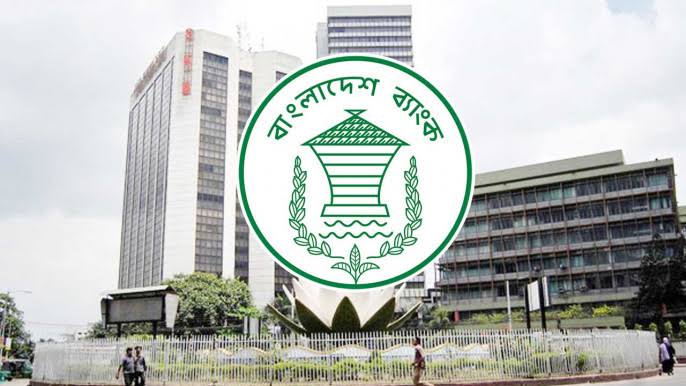Staff Correspondent
Published:2025-08-13 17:21:37 BdST
BB allows 280 defaulters to restructure loans under special policy
The central bank has approved loan restructuring for nearly 280 defaulting businesses under a special policy to help revive struggling enterprises, with over 1,000 more applications currently pending review.
The central bank’s special loan restructuring facility—available only to businesses with outstanding loans exceeding Tk50 crore—allows defaulters to regularise their loans with a down payment of just 1% of the total and repayment terms of 5–15 years, including up to a three-year grace period.
The measure follows the formation of a screening committee earlier this year to identify eligible borrowers, particularly those hit by the pandemic, dollar shortage and political unrest.
The beneficiaries include some firms that had their operations disrupted during the Awami League’s tenure, as well as businesses linked to BNP leaders. Some were affected by COVID-19 and the recent economic downturn, while others face allegations of loan irregularities.
Among the major beneficiaries are four companies of the Energypac Group with loans totalling nearly Tk3,000 crore across 28 banks and financial institutions; Buildtrade Group, owned by Enayetur Rahman Bappy, with about Tk4,000 crore in loans; and his interest-linked Virgo Media (Channel 9).
Other recipients include BNP’s central committee treasurer M Rashiduzzaman Millat’s Sourav Group, Rajshahi’s Ershad Group, Palace Resort of Blue Planet Group, Orion Group, Deshbandhu Group, Opex Sinha, Tanaka Group, Gazi Group, Western Engineering, Bengal Plastics, Abdul Monem Group, Dandy Dying, Rising Steel, Fair Electronics, Ifad Group, GPH Ispat, Prime Group, Anwar Group, Silkways Group, Diamond Spinning Mills, Alem Textile, SMA Group, BUC Agro, Bling Leather Products, Apex Weaving, and Ankur Specialised Cold Storage.
Some of these conglomerates have not defaulted across all their subsidiaries, but Bangladesh Bank has issued letters to banks and financial institutions to restructure loans for the specific defaulted firms.
Banking insiders say while the move helps recover some funds from chronic defaulters and improves liquidity in certain banks, it also risks encouraging willful default, with many solvent businesses becoming irregular in repayments in anticipation of such special facilities.
Bangladesh Bank had previously offered similar facilities in 2015, restructuring Tk15,000 crore in loans for 11 industrial groups citing political unrest. Several of those groups have again benefited from the current scheme.
Unauthorized use or reproduction of The Finance Today content for commercial purposes is strictly prohibited.


